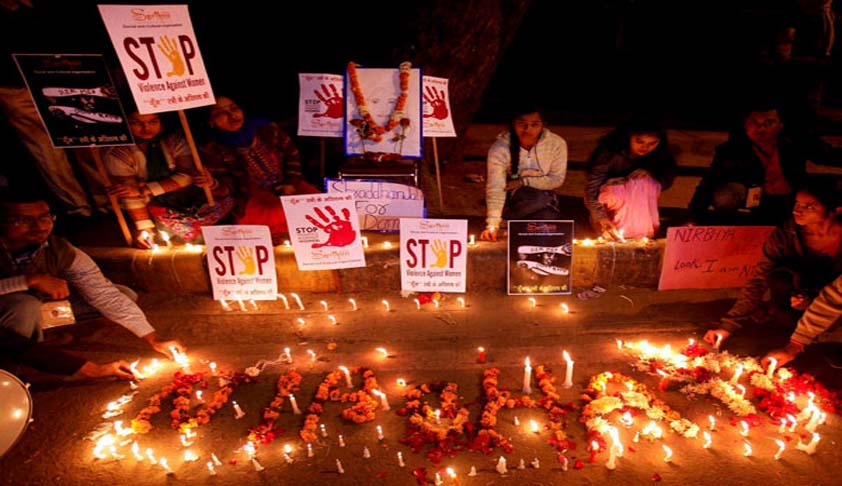Nirbhaya Gangrape: ‘Mukesh Kumar Falsely Implicated; Not Present At Scene Of Crime,’ Reiterates Advocate ML Sharma
Mehal Jain
13 Nov 2017 10:34 PM IST

Next Story
13 Nov 2017 10:34 PM IST
A Supreme Court bench of Chief Justice Dipak Misra, Justice R Banumathi and Justice Ashok Bhushan on Monday admitted the review petition against judgment dated May 5 of the court upholding the death sentence awarded by the Delhi High Court in the 2012 Nirbhaya gangrape case.The petition under Article 137 of the Constitution read with Order XLVII of the Supreme Court Rules, 2013, filed on...
